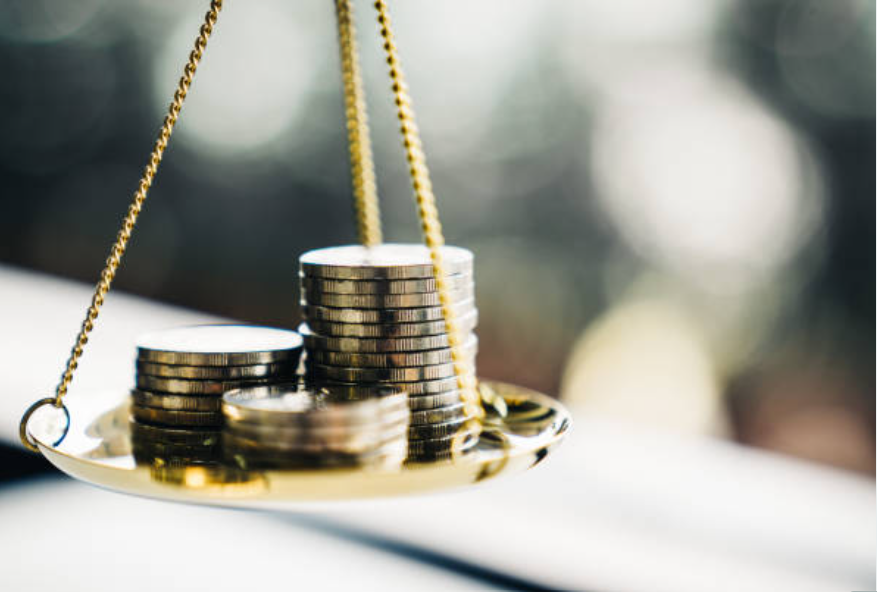WHAT IS A BANK ACCOUNT?
A bank account is a financial account, which stores money for customers. In general, the two most commonly used accounts are the Current Account and the Savings Account. The Current Account (or Deposit Account) allows customers to access their money immediately and freely. This can be done via cash withdrawals from an Automated Teller Machine (ATM) or via electronic fund transfer from a computer. As such, a current account is the best solution for day-to-day operations. In most cases, a customer will also open a savings account to accompany the current account. Unlike the current account, a savings account allows the customer to earn interest on the account balance. However, the bank does not allow the customer immediate and frequent access to their money. This is why bank account holders should always maintain a positive balance between their accounts so that they have enough money to use immediately while still earning interest on the savings account.
WHY SHOULD YOU HAVE A BANK ACCOUNT?
Knowing that it is certainly possible to keep your money physically, there are many reasons to keep your money in a bank account.
Security is an important reason that influences people to put their money in a bank account. Unfortunately, keeping your money in your home is not safe because your home is at risk of burglary and natural disasters such as floods or accidents such as fires. It is also dangerous to bury your money underground as the air and moisture will break down your money. When you deposit your money in a bank account, the bank will keep your money in a secure basement. Also, if you need to transfer a large sum of money to a friend who also has a bank account, your bank can do this securely.
Convenience is another important benefit of a bank account. When you have a bank account, you can access your money from anywhere there is a bank or ATM. You can also pay for purchases directly through electronic services using your credit card, which is linked to your bank account. Having a credit card allows you to make purchases on the Internet, which also gives you access to a wider variety of products around the world.
Earning interest is another important benefit of having a bank account. You may notice that every year the price of some products and services increases little by little. For example, a bag of apples costs $1 today, but next year the same bag of apples may cost $1.02. This economic effect is called inflation. As more money is required to buy the same product or service because of inflation, the value of money falls. Having a savings account that earns interest protects you from inflation and the fall in the value of money.
Finally, having a bank account allows you to better manage your spending and saving habits. Interest is also a source of income and encourages people to save regularly, which is a good habit to develop from an early age. Regular bank statements show you where and when you spend your money, which can help people plan their budget for the future. Good management of savings and spending can help people achieve their financial goals such as buying a car or a house.
While having a bank account has many benefits, it is equally important to protect your bank account from thieves. When buying products or services on the internet, make sure the computer is protected by an anti-virus system. If your credit card is lost or stolen, you should immediately inform your bank so that they can deactivate the card and send you a new one.


Enregistrer un commentaire